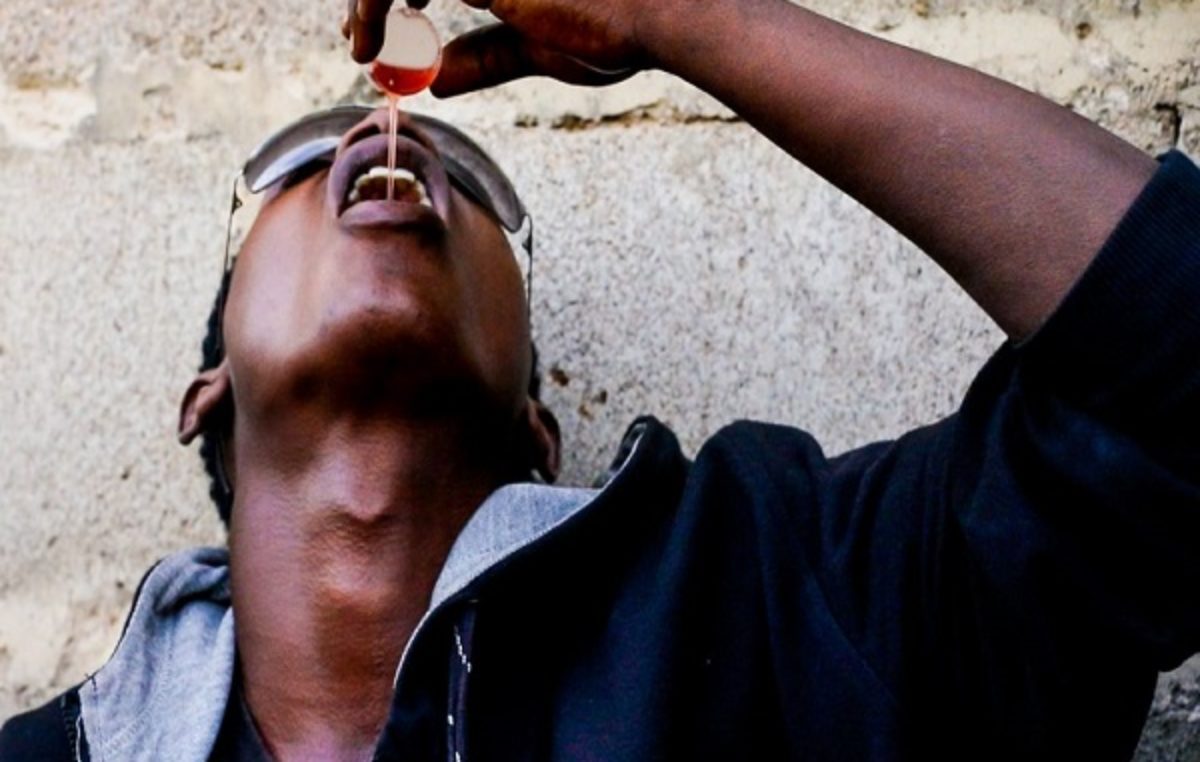300,000 Die Of Malaria In Nigeria Annually- Amosun
The prevalence of scourge malaria in the country has been a great concerns and need government attention to declare state of emergency on the health sector as 300, 000 people dies of malaria across the country annually, Governor of Ogun State, Senator Ibikunle Amosun has said.
The governor, represented by his deputy governor, Chief (Mrs.) Yetunde Onanuga stated this while decorating the Alake of Egbaland, Oba Adedotun Aremu Gbadebo as ‘Net Ambassador’ during the flag off of Long Lasting Insecticidal Nets replacement campaign of 2018, held at Arcade Ground, Governor’s Office, Oke-Mosan, Abeokuta, Ogun State Capital.
He said African region has a burden of 90 percent of preventable disease and 91 percent death of disease worldwide, noting that Nigeria, the most populous country in Africa account for about 24 percent of the disease and 24 percent of malaria death globally.
Amosun added that in Nigeria today, malaria responsible for approximately 60 percent out-patients visits and 30 percent of hospital admissions, indicated that thus contributed to 11 percent of Maternal Mortality, 25 percent of infant mortality and 30 percent of under age 5 mortality.
He said about 110 million cases were clinically diagnosed annually, noting that malaria which was transmitted by the bite of mosquito happened to be the cause of death for about 300, 000 persons yearly in Nigeria, and it’s frequently happened among the children and pregnant women that lives especially in rural and rustic communities which their death could not make news lines.
In the same vein, the Minister of Health, Dr. Isaac Adewole, represented by Director General, Nigeria Institute of Medical Research, Prof, Babatunde Salako, affirmed that malaria persist in the country due to the fact 69 percent of household in Nigeria had at least one Insecticidal net, adding that only 39 percent of household in Ogun State had at least one Insecticidal net.
Adewole said that only 19 percent of household had at least one net for every two persons, noting that the flag off of the distribution of 3.3 million Insecticidal Nets in the state would increase tremendous of elimination of malaria in the country, urging the state to take ownership of the campaign process to ensure sustainability.
He admonished the traditional and religious leaders in the state to support the process, not just support the campaign but the net hanging activities in their communities to ensure sustainable net culture in the state. Adding that major set back in the process was poor net use, appealing to every house hold to sleep inside the mosquito nets to eliminate malaria in the country.
The Catholic Relief Services, Vice President and Chief Information Officer, Mr. Karl Lowe, said malaria remains a major public health problems in Nigeria considering the high level prevalence which leads to increase in maternal and morbidity rate especially among the children and pregnant women in the country.
He noted that with the support of ‘Global fund’ and the implementing agency Catholic Relief Services (CRS), the scourge of malaria had reduced maximally even to a standstill, at least from 42 percent in 2010 to 27 percent in 2015, with indication of reduction in malaria scourge in the country.
Lowe said that with this reduction, the donor ‘Global fund’ and implementing agency CRS approved the distribution of over 3.3 million LLINs in Ogun State with using of technology platform to fast track the programme through mobile devices, noting that the nets would be distributed across the 20 Local Government Areas and 37 Local Council Development Areas of the state.
Earlier, the ‘Net Ambassador,’ Alake and Paramount Ruler of Egbaland, Oba Adedotun Aremu Gbadebo said malaria is a killer diseases that had kept so many people out of their good jobs including the civil servants, adding that it had impoverished people in the country and make poverty thrive in the country.
Alake urged the residents to troop out for the collection of the nets in order to redeem their pledged of the cards being collected earlier in their various domain, saying that they should use the net according to the instructions of the health educators across the state, especially the rural and remote areas which the scourge persist.




